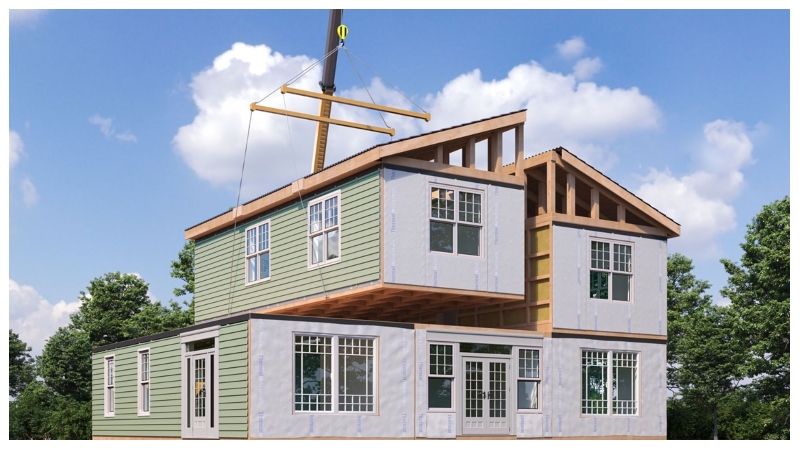The notion of modular homes has revolutionized the construction industry, offering homebuyers a unique blend of cost, customization, and convenience. These dwellings, constructed in a factory setting before being transported to their final location, have gained popularity for their eco-friendly footprint, time-saving construction processes, and potential for a personalized design. The financial incentives of choosing a modular home are particularly appealing to those looking to maximize their investment in a new property. In this article, we’ll delve into the numerous advantages that make modular homes attractive for prospective homeowners. Keep reading to discover why these innovative structures might be the key to your dream home.
Customization and Flexibility in Modular Home Design
One of the most significant advantages of modular homes is their flexibility in design. Potential homeowners are not confined to a handful of models but can customize various aspects of their homes to suit their tastes and needs. From floor plans to finishes, the possibilities are extensive. A quick Google search for modular homes Saskatoon to learn more.
Contrary to common misconceptions, modular homes are not limited to boxy designs. They can accommodate virtually any architectural style, whether you’re looking for a cozy bungalow or a spacious two-story estate. Moreover, additions like garages and decks can be integrated into the design for a cohesive look.
Modular homes can also be customized in terms of their interior features. Buyers can choose from various options for cabinetry, flooring, and fixtures, ensuring their new home reflects their style. With the guidance of design professionals, the process becomes enjoyable.
Modular homes can be customized for those wanting an eco-friendly lifestyle, including solar panels, energy-efficient appliances, and sustainable materials. By tailoring these features to their individual needs, homeowners can create a living space that is visually appealing, socially responsible, and cost-effective in the long run.
Speed and Efficiency in Modular Home Building Processes
One of the most impressive features of modular homes is their construction speed. Thanks to the streamlined factory process, these homes can be built in a fraction of the time it takes to construct a traditional house. As modules are being built offsite, foundation work can occur concurrently, optimizing the timeline from start to finish.
Weather is a non-factor in most of the construction phases of a modular home. Because it is built indoors, the process encounters no weather-related setbacks, which ensures that the building can proceed year-round without delay, a significant advantage in regions with unpredictable climates.
Efficiency extends beyond the assembly line; the entire process is fine-tuned from the architecture to the final building site preparation. Every step is planned, and since much of the construction occurs indoors, the tasks can be performed without interruption, ensuring maximum productivity.
The consistency of working in a factory setting results in higher-quality construction, with stringent inspections taking place throughout the process. This speeds up the completion time and ensures that the finished product meets or exceeds building codes and standards.
Long-Term Durability and Maintenance of Modular Homes
Modular homes are built to withstand the rigors of transport, meaning they often exceed traditional building standards in terms of strength and durability. The materials used in modular construction are typically the same as, or superior to, those used in site-built homes, ensuring longevity and structural integrity.
Modular homes generally require less long-term maintenance compared to conventional homes. Thanks to modern construction methods and materials, they are built to be low-maintenance and resistant to common problems like mold and mildew due to their tight construction.
The modular construction process involves multiple in-factory inspections, which often means that any potential issues are identified and resolved before they become long-term problems. This foresight reduces the need for future repairs and adds to the home’s durability.
As the technology and methods behind their construction continue to evolve, modular homes are increasingly considered a wise investment for the long haul. Today’s modular homes are designed to be sustainable and adaptable, allowing homeowners to modify or expand their homes to meet changing needs.
Overall, modular homes offer customization, efficiency, and long-term durability, making them an attractive option for modern homebuyers. They are poised to continue revolutionizing the housing market with their eco-friendly features and cost-effective construction processes.
